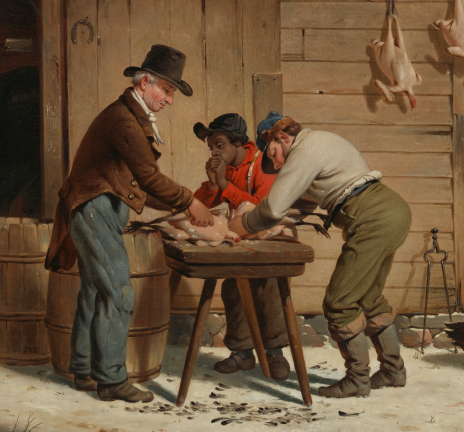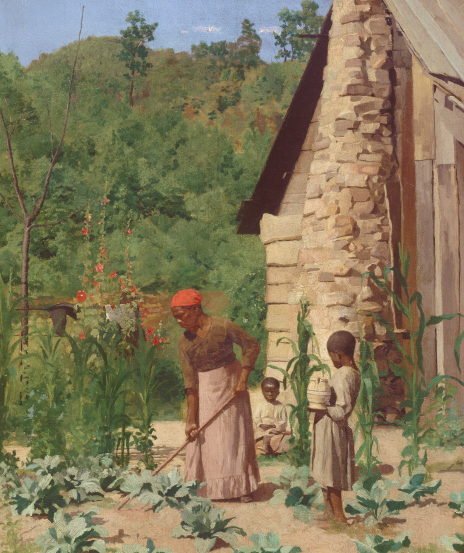
The primary objective of the Bureau was to provide food, clothing, and medical care to the newly liberated Black individuals. Additionally, the Bureau played a crucial role in establishing Black schools, churches and other social institutions, extending education to both freedmen and impoverished Whites, and settling labor contract disputes between White and Black individuals.

The Freedmen's Bureau persisted until its dissolution in 1872.
Its enduring legacy had a lasting impact on the lives of
millions of African Americans who, through the bureau’s
programs, gained access to education, economic independence, and
other opportunities.
